Types of Vitamins and Their Functions - There are 13 types of vitamins that are beneficial to the health of the body

Steemians - Basically our body only requires Vitamins in small amounts or levels, but if the amount or levels required are not sufficient then the body's metabolism will be disrupted causing the disease.
Health problems or illnesses caused by Vitamin deficiency are termed Avitaminosis.
Our body can not produce Vitamins herself, therefore we need to get Vitamins from various foods and Supplements to keep our body healthy.
Vitamins are organic compounds needed by our body to regulate the metabolism of the body in order to stay healthy and help the growth process.
Therefore we really need foods that contain vitamins to provide the intake of vitamins needed by the body. And the source of this vitamin is already provided by nature for us. Therefore we really need foods that contain vitamins to provide the intake of vitamins needed by the body. And the source of this vitamin is already provided by nature for us. And there are 13 kinds of vitamins available, what is it? this is his review:
13 Types of Vitamins and Their Functions
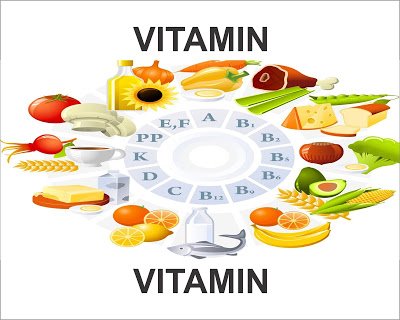
There are 2 (two) large groups of Vitamins, namely Water soluble Vitamins (Water Soluble Vitamins) and Fat Soluble Vitamins (Fat Soluble Vitamins). Water-soluble vitamins include Vitamin B and Vitamin C, while fat-soluble vitamins are Vitamin A, Vitamin D, Vitamin E and Vitamin K.
Here is a profile of 13 vitamins along with Functions, Food Sources and Diseases that arise due to shortcomings.
Vitamin A
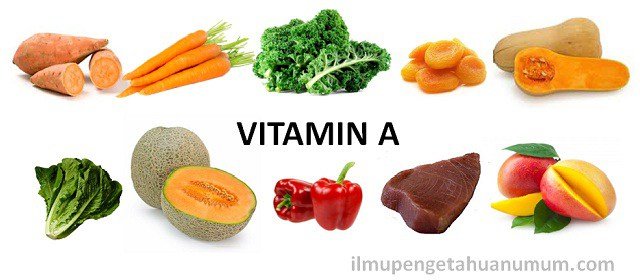
- Name of Biochemistry (Vitaminer): Retinal, Retinol, Carotenoids
- Function: It is important for the senses of vision, maintaining skin health and body immunity
- Disease due to deficiency: Night blindness, Cataract, Hyperkeratosis (white lump in hair follicle), Keratomalacia (Corneal Destruction)
- Food Sources Vitamin A: Red and Yellow Fruits (Wartel, Red Chili, Banana, Papaya), Milk, Margarine, Liver and Kidney, Green and Yellow Vegetables.
Vitamin B1
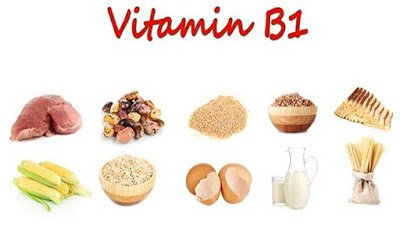
- Name of Biochemistry (Vitaminer): Thiamine
- Function: Important for the nervous system and heart function, Prevent Beriberi's Disease
- Diseases due to deficiency: reduced body year power, Beriberi's Disease, lack of appetite, dry skin, scaly skin, hard fruit big water.
- Food Sources Vitamin B1: Wheat, green beans, soybeans, meat, milk, bread, flour, fish, lean meats, chicken and so forth.
Vitamin B2
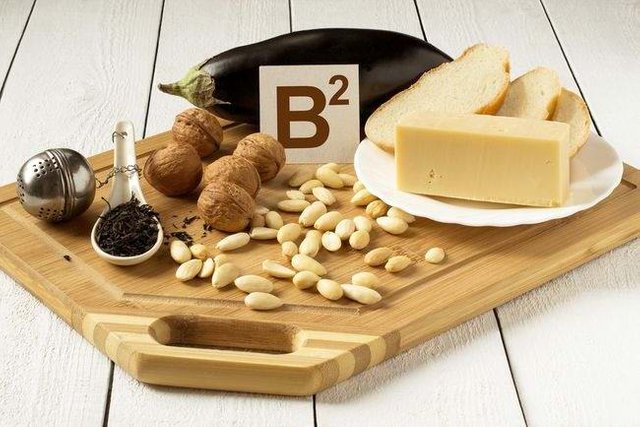
- Name of Biochemistry (Vitaminer): Riboflavin
- Function: Important for the Skin, Growth of body tissues, preventing the sensitivity of the eye to light
- Disease due to deficiency: Ariboflavinosis disease, decreased immune system, dry skin, scaly skin, dry mouth, chapped lips.
- Food Sources Vitamin B2: Milk, Banana, Green beans, asparagus, leafy green vegetables, lean meats.
Vitamin B3
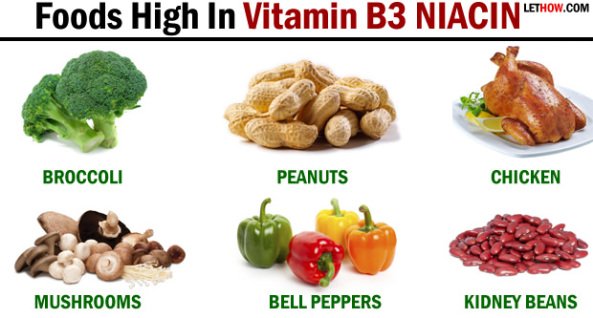
- Name of Biochemistry (Vitaminer): Niacin, Niacinamide
- Function: Helps food to be energy, helps the nervous system, prevents pellagra disease, prevents decreased appetite.
- Diseases due to deficiency: Pellagra disease (Disease from lack of eating), insomnia nausea, nausea, muscle easy muscle and spasms.
- Food sources Vitamin B3: Eggs, Bread, chicken meat, beef, fish (tuna and salmon), Vegetables, leafy, asparagus, liver, yeast, milk, Avocado, Broccoli.
Vitamin B5
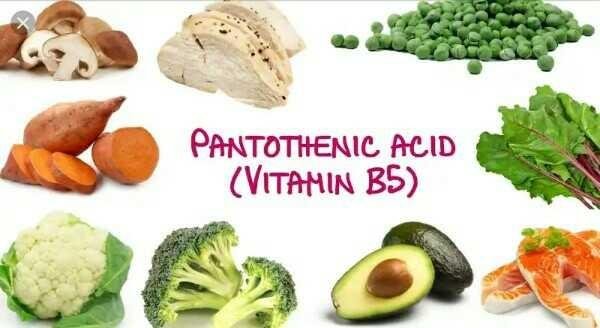
- Name of Biochemistry (Vitaminer): Pantothenic acid (Pantothenic Acid)
- Function: Helps the breakdown of food nutrition (especially in fat),
maintaining the communication of the nervous system and the brain, producing fatty acid compounds, sterols, neurotransmitters, and body hormones. - Disease due to deficiency: Paresthesia, muscle easy cramps, difficulty sleeping, dry skin and scaly.
- Food Sources Vitamin B5: Broccoli, Avocado, Meat, Vegetables.
Vitamin B6

- Name of Biochemistry (Vitaminer): Pyridoxine (Pridoxin)
- Function: Important dental and gum health, essential for red blood cells and the nervous system, producing antibodies.
- Disease due to deficiency: Anemia disease (lack of blood), nervous system disorders
- Food Sources Vitamin B6: Meat, Banana, vegetables and nuts.
Vitamin B7

- Name of Biochemistry (Vitaminer): Biotin
- Function: Helps biochemical reactions in the body such as carbon dioxide transfer and carbohydrate and fat metabolism.
- Diseases due to deficiency: Dermatitis, Enteritis, depression, nausea, anemia and hair loss.
- Food Sources Vitamin B7: Meat, egg yolks, bananas, beans, yeast and wheat.
Vitamin B9
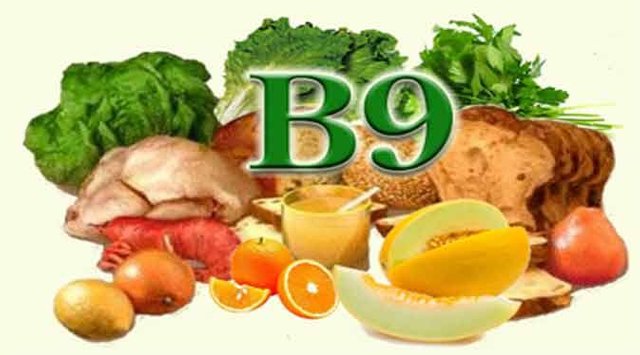
- Name of Biochemistry (Vitaminer): Folic acid (Folic Acid)
- Function: Prevent fetal defects, help the body in the process of protein metabolism that takes place, build healthy red blood cells, reduce the risk of heart disease.
- Disease due to disadvantages: Disability in the fetus
- Food Sources Vitamin B9: Spinach, Peas, Sunflower seeds, potatoes, tomatoes, oranges, Eggs and liver.
Vitamin B12
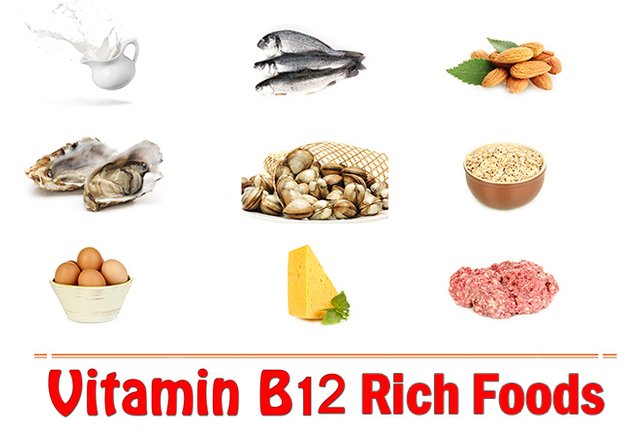
- Name of Biochemistry (Vitaminer): Cyanocobalamin, hydroxycobalamin, methylcobalamin
- Function: Maintains the health of the nervous system, prevents anemia and is important for growth for children.
- Disease due to deficiency: Anemia (Less blood), tired quickly.
- Food sources Vitamin B12: Fish, meat, eggs, milk, liver.
Vitamin C

- Name of Biochemistry (Vitaminer): Ascorbic acid (Ascorbic Acid)
- Function: Important for healthy teeth and gums and bones, Forming body cells and blood vessels, preventing scurvy, increasing endurance, as antioxidants.
- Disease due to deficiency: cracked tongue, decreased energy / fatigue, scurvy, sprue disease, anemia.
- Sources of Foods Vitamin C: Citrus, Tomato, Strawberry, Strawberry, asparagus, cabbage, milk, butter and fish.
Vitamin D

- Name of Biochemistry (Vitaminer): Cholecalciferol, Ergocalciferol (Calciferol)
- Function: Important for Teeth and bones, help body use
Calcium and Phospor, preventing diseases of the uterus (softening of the bones in children). - Diseases due to deficiency: Rheumatoid arthritis (Arthritis), Osteomalacic Disease (loss of phosphorus and calcium excessively), diabetes, Rheumatism.
- Food sources Vitamin D: Fish, eggs, liver, Mushroom, Soybean, Milk, shrimp, oysters. Sun exposure.
Vitamin E
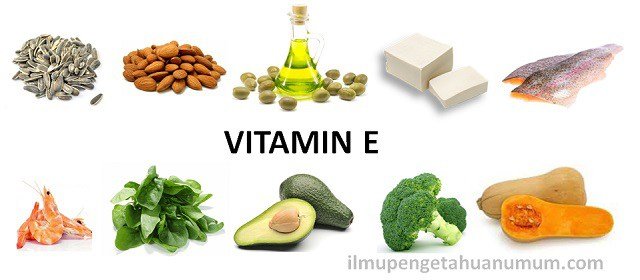
- Name of Biochemistry (Vitaminer): Tocopherols, Tocotrienols
- Function: Essential for blood function, preventing excessive fatty acids, maintaining skin health tissue, eyes, red blood and liver, As a natural antioxidant, protecting lungs from air pollution.
- Disease due to deficiency: infertility, nervous and muscle disorders.
- Food sources Vitamin E: vegetable oil, wheat, grains, lettuce, fish, yeast, egg yolks.
Vitamin K

- Name of Biochemistry (Vitaminer): Phylloquinone, Menaquinones
- Function: help the body's metabolism and prevent diabetes, suppress the bleeding process due to usage of compounds of aspirin or antibiotics excess, lowering the risk of osteoporosis.
- Disease due to deficiency: inhibits blood clotting, decreased bone density.
- Food sources Vitamin K: Green leafy vegetables, avocado, kiwi, parsley.
Well, that's the 13 kinds of vitamins and food sources. And between foods that contain these vitamins there are several types of foods that contain more than one type of vitamin. And by consuming these foods on a regular basis, will certainly have a good impact on our body health.
Healthy life does not need to be expensive right?
Thanks
Edited by @ardian27
Reference: ilmupengetahuanumum.com
saya suka vit c, karena kalo kurang vitamin c bikin sariawan..
vitamin C yang didapat dari Isteri alias Vitamin CIUM 😚
Vit C itu klo kbanyakan malah bisa menyebakan sariawan
oh ya ramaikan program auto upvote ini ya..
Growth Together with Auto Multi Level Upvote Program